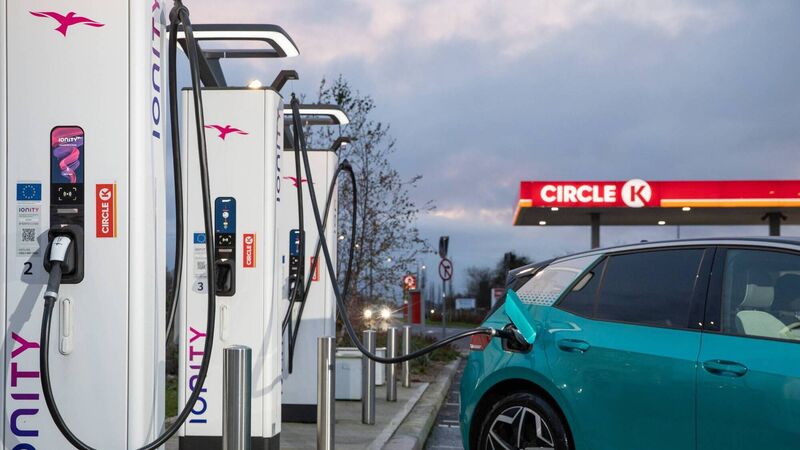Here's how the climate action plan will increase electric vehicle use and lower car journeys

The plan also aims to increase the proportion of kilometres driven by passenger electric vehicles (EVs) to between 40% and 45%. File photo
The Government has set a target of a reduction of half a million car journeys per day by 2030.
Transport emissions are set to reduce by 42%-50%, according to the government's new climate action plan, with a keen focus on electric vehicles and enhanced public transport.
CLIMATE & SUSTAINABILITY HUB













